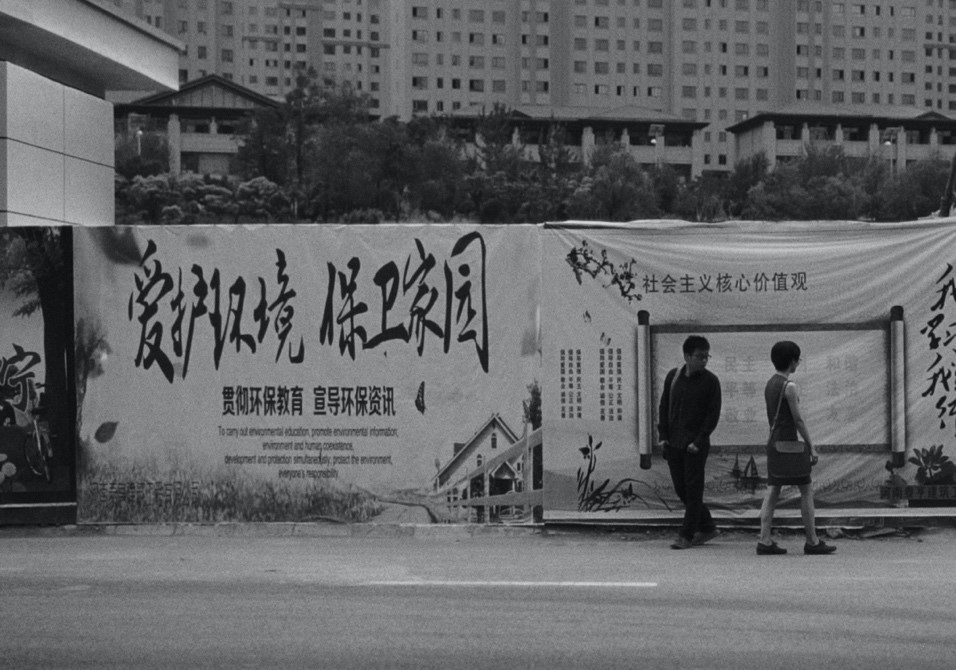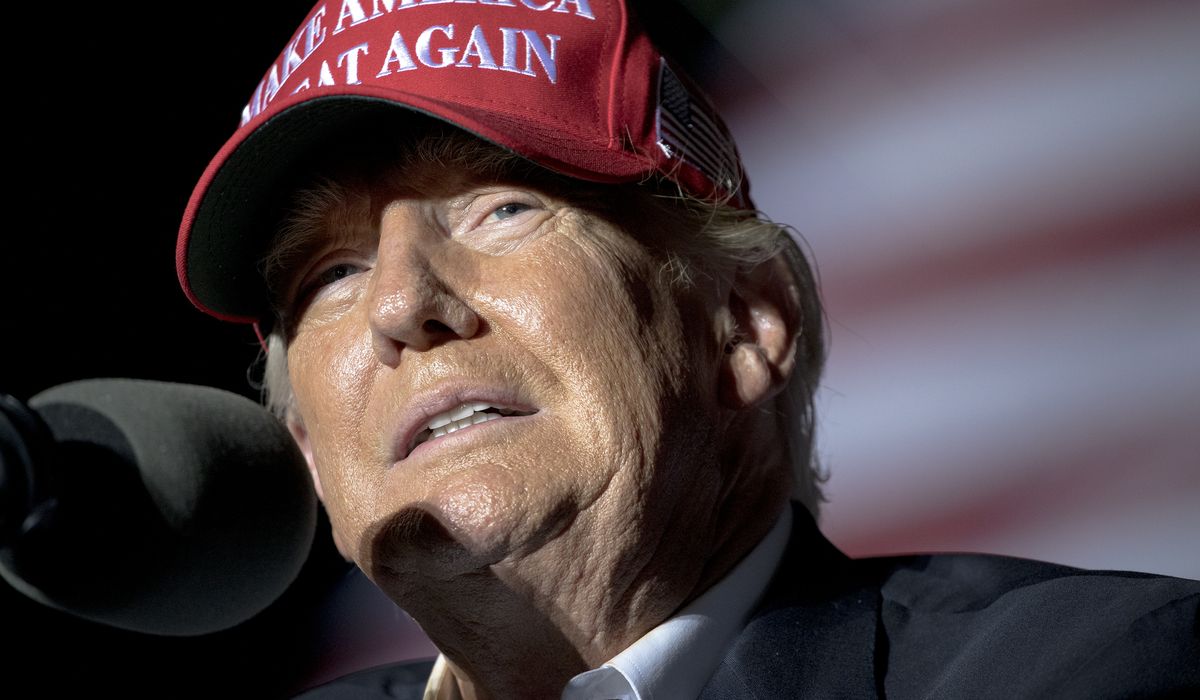The Tisch Film Department, the Asian Film & Media Initiative, and the Center for Religion and Media jointly presented the first Reel China Festival since the start of the pandemic.
However: Flowers of the Future, a film directed by Professor Zhou Hao, was screened at the 10th China Biennial at New York University. (Image by Zhou Hao via NYU Tisch)
Held from October 28-30, 10th Reel NYU China Biennial was the first post-pandemic iteration of the festival and celebrated a two-decade mission to showcase some of the finest contemporary independent Chinese-language films made in mainland China and beyond.
Since its inception in 2001, Reel China has always stood out as a rare place where an international audience can glimpse into the world of a contemporary filmmaker in the People’s Republic of China. Twenty-one years later, this latest edition of the program reflects the seismic cultural, political and artistic changes taking place in China. The festival itself has changed in terms of the range of films and filmmakers it chooses to participate in.
This edition of Reel China continues to exhibit portraits of everyday life in mainland China, shedding light on various social groups that are often overlooked. One such example is Li Wei’s award-winning documentary Silence in the Dust, which poignantly depicts working-class life in rural China. The film follows Dachzhan, a terminally ill father who spends his last days bedridden at home due to pneumoconiosis, commonly called black lung disease, while working in a quartz factory. As his health continues to deteriorate, the film also cuts to Dachzhan’s children, carefree and oblivious to their father’s pain.
In the Q&A, Lee said one of his goals was to raise awareness of the 6 million working families suffer from pneumoconiosis. The film portrays this phenomenon not only as a health crisis, but also as a reference to the endemic suffering of the working class in China. Despite living in a socialist state, unchecked capitalist practices have ruined the lives of countless working class people. Volunteers and charities support victims instead of the central government, which provides little help. Movies like Silence in the Dust make good use of the medium to portray the reality of everyday people and advocate for social issues that are ignored by the mainstream media.
Tisch film professor Zhang Zhen, a co-organizer and programmer of the event, emphasized that Reel China was “not easy to organize with COVID still going on” and “the pandemic shaped the way we put together the program.”
Due to the continued health risks, travel restrictions and red tape in China, it would be difficult for many mainland filmmakers to attend the event. However, this year’s list was very diverse, including Sinophone creators who lived outside of China, such as Florida-based queer filmmaker Cui Jien and New York-based Zhao Dayong.
This year also saw a new partnership with a streaming website Cathay Play, a platform that promotes independent Sinophone cinema. The streaming site featured three short films made by ethnic minorities in Xinjiang and Tibet, a truly significant event in the predominantly Han Chinese cinema. According to Zhang, one of her goals in developing the films for this year’s Reel China exhibition was to put “a spotlight on previously underrepresented filmmakers.” The Reel China program covers the multifaceted diversity of sexual, ethnic and class differences in contemporary China.
Having stood the test of time for more than two decades, Reel China is an important milestone for Chinese independent filmmaking in the 21st century. However, the festival also allowed participants to pause and reflect on China’s journey into the new millennium. Since the beginning of the festival, the international community has witnessed fundamental changes in Chinese culture and society. In the early 2000s, Chinese society was marked by prosperity and growing openness, but now, as political tensions rise in the post-pandemic era, Zhang notes that the country has gone through many openings and closures.
In a time of increased government censorship and sleazy political fervor, preserving independent and dissenting voices in the arts has never been more important. These changes have made organizers like Zhang want to refocus the festival’s goals. She wanted to continue to “support independent cinema in China, but also integrate it into the wider Chinese-speaking landscape”. She even suggested that Reel China may need to change its name to better match the number of “independent Chinese-language films distributed globally” if more filmmakers from the Chinese diaspora participate in future festivals.
After the festival ended, Reel China was able to bring together students, teachers and filmmakers. Although the world has changed significantly since the festival first launched, the platform continues to cultivate emerging independent filmmakers and showcase their work to an international audience. Zhang said the opportunity to revive the festival after the COVID-19 outbreak “felt like a homecoming and a reunion for the community.”
Contact Mick Gow at [email protected]







